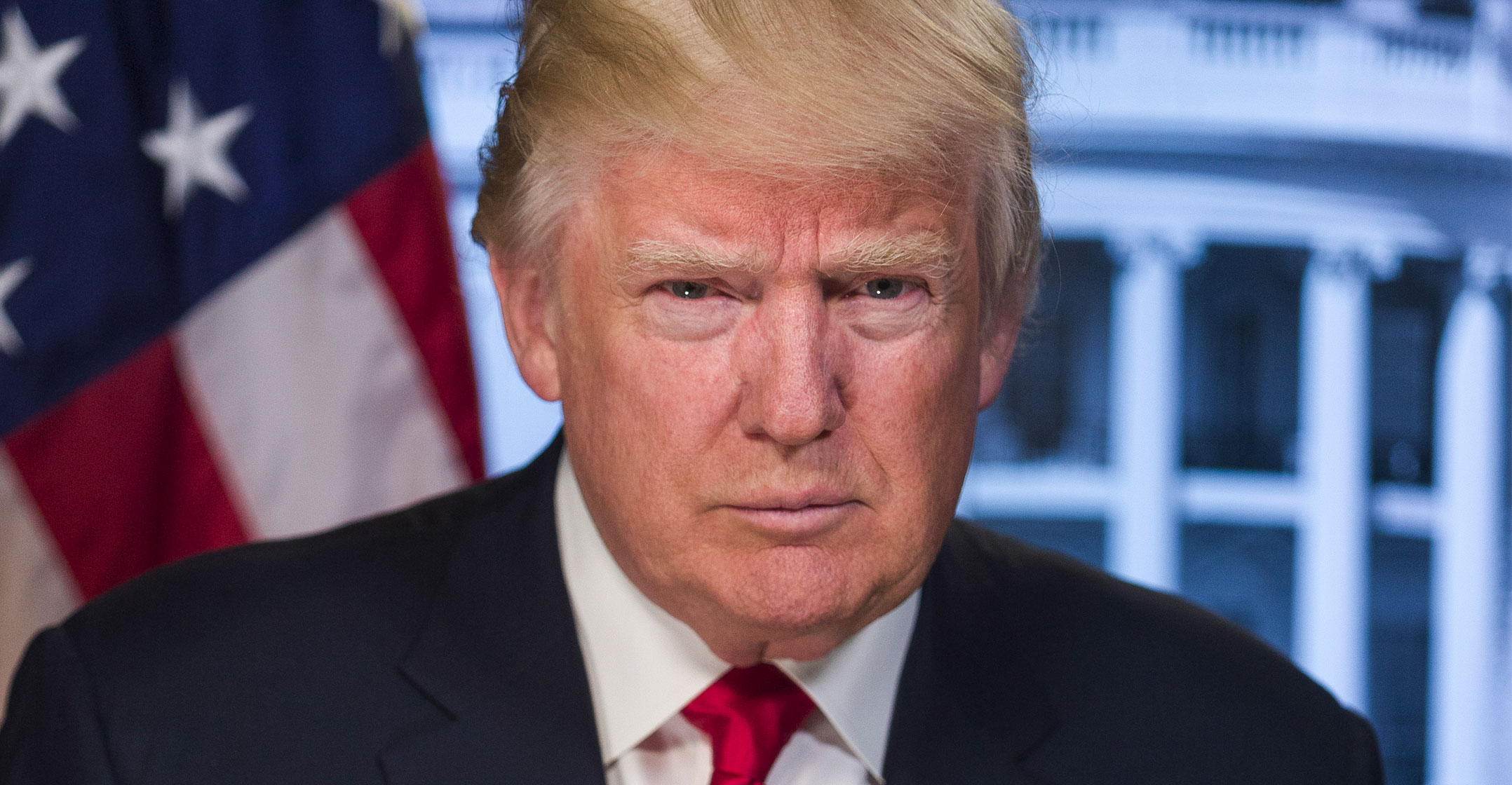 US President Donald Trump said he may use an executive order to stop Huawei from selling advanced telecommunications equipment in the US.
US President Donald Trump said he may use an executive order to stop Huawei from selling advanced telecommunications equipment in the US.
“Well we’re not doing anything right now,” Trump told reporters when asked about an executive order. “So we do that with the attorney-general, if we do anything.”
“I guess there’s a question as to whether or not that’s being included in the agreement,” Trump said in the Oval Office during a meeting with Chinese vice Premier Liu He as trade talks continued.
Treasury secretary Steven Mnuchin and other members of Trump’s trade team have advised the president to hold off on signing an executive order that would ban Huawei and other Chinese telecoms equipment from US networks because they worry such action would upset the trade negotiations, according to people familiar with internal deliberations.
The US and China are extending the current round of trade talks in Washington after negotiations yielded progress on currency policy but stopped short of a breakthrough.
American officials suspect Shenzhen-based Hauwei’s products could be used by Beijing to spy on Western governments and companies. Huawei has denied being a threat.
Competition
Trump on Thursday challenged US companies to boost their efforts to build advanced networks and said leadership should come from competition, not by blocking competitors.
On Friday, he was asked to elaborate.
“I want to have competition with China,” Trump said. “Fair competition. I don’t want to block out anybody, if we can help it. Now if there’s going to be a security reason or something that we have no choice?” Trump said. “But that is one of the things we’ll be discussing today. We want to have open competition.”
Trump said dropping criminal charges in the case of Huawei’s chief financial officer, Meng Wanzhou, is not being discussed. Meng is under house arrest in Vancouver and faces potential extradition from Canada to the US to face charges related to violations of sanctions on Iran. — Reported by Jennifer Jacobs and Todd Shields, with assistance from Jenny Leonard and Saleha Mohsin, (c) 2019 Bloomberg LP




